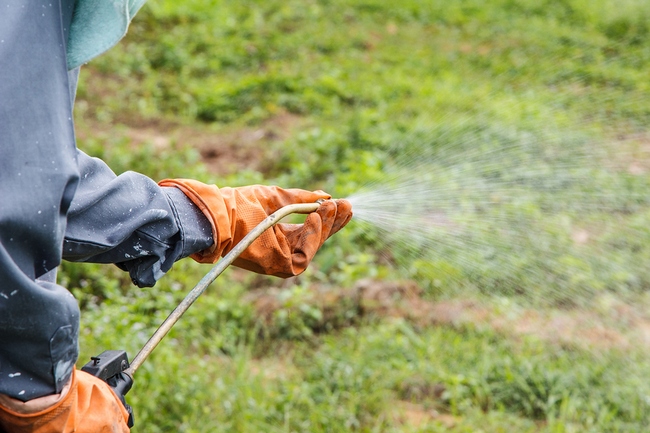- Make It Yourself Lavender Heart-Shaped Bath Bombs!
- 20 Things You Never Knew About “Down There”
- 12 Best Foods For Those Suffering From Arthritis Pain
- 12 Personal Hygiene Mistakes Almost Everyone Makes (Mom Never Told You About #4!)
- 15 Medicinal Plants And Herbs From The Cherokee People
- 12 Mind-Blowing Benefits Of Drinking Coconut Water During Pregnancy
- 12 Outstanding Winter Foods That Won’t Fatten You Up Like A Christmas Turkey
Check Out Which Top Foods Are Sprayed With Roundup Just Days Before You Buy Them

Photo credit: bigstock.com
If you think that organic produce is a waste of money, you might be consuming a huge amount of toxins — probably many more than you realize.
As if it were not bad enough that most crops are being sprayed with layer after layer of the disease-causing herbicide Roundup, Monsanto’s pre-harvest spraying guide states that farmers should spray all crops heavily three days prior to harvest. They aren’t referring to only GMO crops; they are talking about all crops on which Roundup is being used. This means that if you are not eating organic, you are eating foods that were literally drenched in Roundup just a few days before reaching market.
Monsanto’s spraying guide tells farmers to spray Roundup herbicide to allow uniform crop maturity.
Why are they doing this? The intention is to dry out the crops for earlier harvesting. In fact, Monsanto International published a paper in 2010 stating that an application of Roundup will kill and dry out the crops in advance, produce a more uniform looking product, and allow for earlier harvesting.
Uneven maturity levels and green tissue delay overall harvesting times. Spraying Roundup turns all foliage and stems brown. Harvest management is important as earlier harvest often means a higher price. Also, when foods have been pre-dried in the fields, there is less money and time spent on drying them further in storage. By pushing the harvest date forward, growers can either plant a second time during the season, or they can meet optimum planting dates for other crops, maximizing their profits.
Since Roundup is being applied to fully grown food plants, much higher quantities must be used in order to kill and dry them — much, much more than what would normally be applied to simply kill weeds.
Continue to Page 2
































